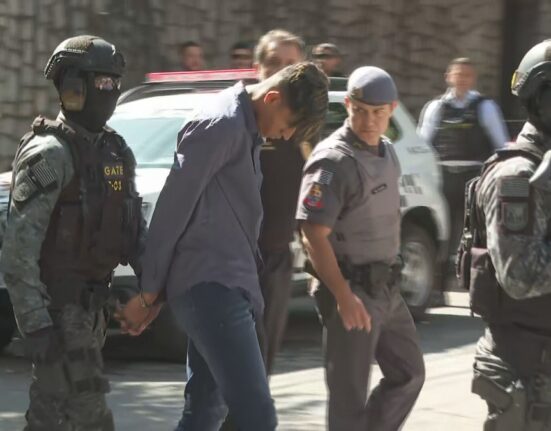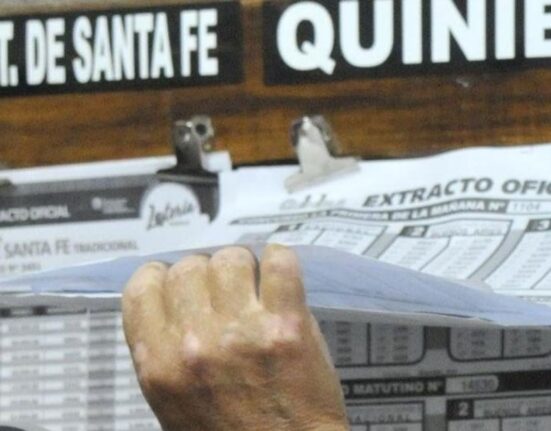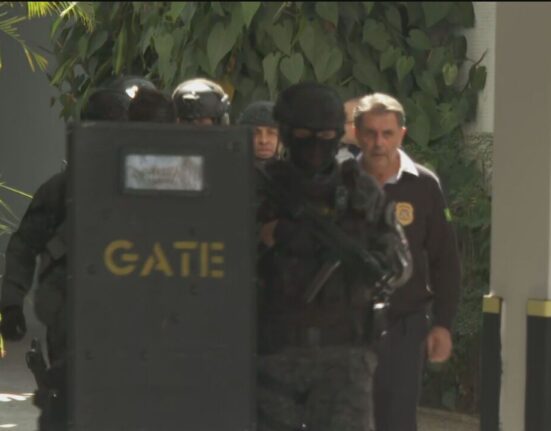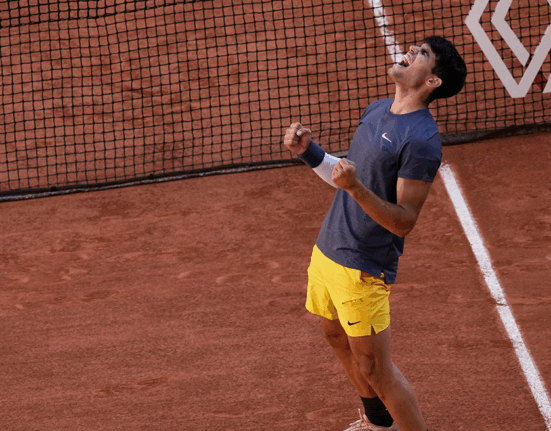The anticipation for the upcoming prisoner exchange between Ukraine and Russia is thick with accusations flying from both sides. Ukraine’s military intelligence chief, Kyrylo Budanov, clarified that the swap is still on track for next week as planned despite Moscow’s claims of a delay. Budanov stated firmly, “Everything is moving according to plan, despite the enemy’s dirty information game.
”
Russia had accused Ukraine of indefinitely postponing the return of soldiers’ bodies and the exchange of prisoners, including wounded individuals and young prisoners of war. On the other hand, Ukraine insisted it was adhering to agreements made during negotiations in Istanbul. The situation escalated when Moscow claimed to have brought over 1,000 slain Ukrainian soldiers’ bodies and provided a list of 640 prisoners for exchange but alleged that Ukrainian negotiators were absent at the designated location.
In response to these conflicting reports, Melinda Haring from the Atlantic Council’s Eurasia Center highlighted the importance of this prisoner exchange as a trust-building measure between Ukraine and Russia. She noted, “POW exchanges are considered to be low-confidence ways of building trust in a bigger negotiation,”
expressing concern over potential obstacles hindering peace talks.
As diplomatic efforts struggle to gain traction amid escalating tensions, President Donald Trump’s involvement appears uncertain. Despite initial momentum from US allies pushing for a ceasefire and imposing sanctions on Russia, there has been no significant progress towards ending the conflict.
The war continues relentlessly on both fronts with recent events showcasing heightened aggression. Russia claimed to have downed Ukrainian drones near Moscow while launching heavy attacks across multiple locations in Ukraine. The city of Kharkiv bore the brunt of these assaults alongside reports of Russian forces making advancements into Dnipropetrovsk region for the first time since hostilities broke out three years ago.
Al Jazeera’s Charles Stratford emphasized the strategic significance behind Russia’s move into Dnipropetrovsk region amidst territorial disputes. He reported from Kyiv saying,
“If indeed these forces are crossing over into Dnipropetrovsk…that is hugely significant”
due to its exclusion from regions earmarked by Putin for integration into Russian territory post-2022 referendums.
With tensions rising and conflict intensifying on various fronts, hopes for a peaceful resolution seem dim as both sides remain entrenched in their positions. The upcoming prisoner exchange stands not just as a logistical challenge but also as a symbol of broader geopolitical complexities at play in one of Europe’s most volatile regions.









Leave feedback about this